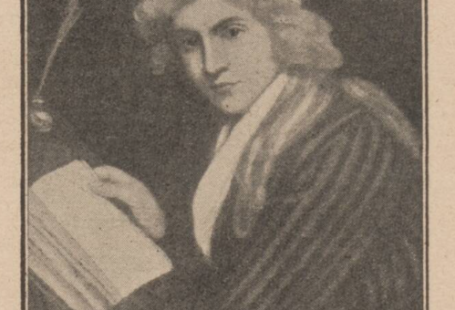On 23 March 1829, the Duke of Wellington and Earl of Winchilsea fought a duel at Battersea Fields in South London.
At this time, the Duke of Wellington was Prime Minster of Great Britain and Ireland, and his Tory Government had passed the Catholic Relief Bill. This act was represented the legislative move towards Catholic emancipation, and a section of the legislation would allow Catholics to take a seat in parliament.
The Duke of Wellington | Illustrated London News | 24 June 1843
Wellington (who had been born in Dublin) had not initially been a supporter of Catholic Emancipation, but the fear of rebellion meant that changed his views on the subject – clearly, he was a pragmatist.
Conversely, The Earl of Winchilsea was a staunch Protestant, and he accused ‘the Iron Duke’ of ‘an insidious design for the infringement of our liberties and the introduction of Popery into every department of the State’.
Insulted by this slur on his integrity, Prime Minster Wellington challenged Winchilsea to a duel, which Winchilsea accepted.
We are lucky enough on The Archive to be able to find contemporary accounts of the duel, such as the below article in the Sussex Advertiser.
Sussex Advertiser | 23 March 1829
According to an article in the Huntingdon, Bedford & Peterborough Gazette, Winchilsea had written a letter expressing his dissatisfaction with Wellington’s religious policy. Once Winchilsea accepted authorship of this letter, the Duke ‘demanded a retraction,’ which was then refused. Wellington demanded ‘reparation’ for so unprovoked an insult – leading to the Saturday morning meeting at Battersea Fields.
The Duke of Wellington arrived on horseback, accompanied by Sir Henry Hardinge, whilst the Earl of Winchilsea and his second, the Earl of Falmouth, arrived by coach and four. The Duke fired first; but the Earl of Winchilsea, unscathed, ‘immediately discharged his pistol in the air.’
A cartoon of the duel | Illustrated London News | 13 November 1965
The Duke later received a letter from the Earl, which stated how the latter had ‘given the Duke of Wellington the usual satisfaction for the affront he conceived himself to have received from me.’ The Earl went on to apologise for having charged the ‘Noble Duke’ ‘with disgraceful and criminal motives.’
Despite the affair causing ‘the most alarming reports,’ The Duke of Wellington went calmly on with his business, returning to Downing Street and thence to Windsor where he reported the day’s events to the king at the time, George IV.







